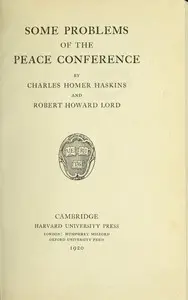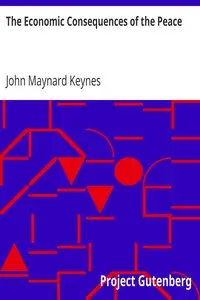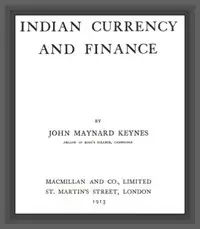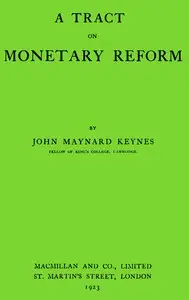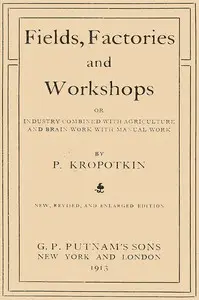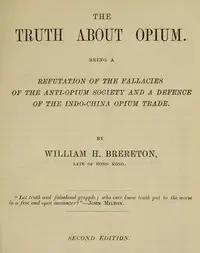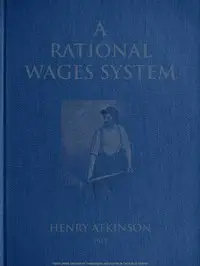"A Revision of the Treaty" by John Maynard Keynes is a look back at the fallout from World War I, following up on the author's previous thoughts about the Treaty of Versailles. The book dives into the problems caused by the Treaty, especially the heavy costs placed on Germany, and how these issues affected the countries involved. Keynes looks at the mistakes made by leaders during peace talks and pushes for a smarter way to handle the debt issue. He points out that many of the rules set by the Treaty were unrealistic, and the public started to realize that things needed to change. The book gets ready to closely examine ongoing opinions about these financial penalties, showing a gap between what people thought and what politicians were doing.
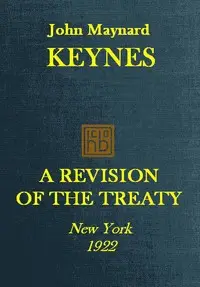
A Revision of the Treaty Being a Sequel to The Economic Consequence of the Peace
By John Maynard Keynes
Explore a world recovering from war and struggling with a treaty that threatens to crumble the peace.
Summary
About the AuthorJohn Maynard Keynes, 1st Baron Keynes, was an English economist and philosopher whose ideas fundamentally changed the theory and practice of macroeconomics and the economic policies of governments. Originally trained in mathematics, he built on and greatly refined earlier work on the causes of business cycles. One of the most influential economists of the 20th century, he produced writings that are the basis for the school of thought known as Keynesian economics, and its various offshoots. His ideas, reformulated as New Keynesianism, are fundamental to mainstream macroeconomics. He is known as the "father of macroeconomics".
John Maynard Keynes, 1st Baron Keynes, was an English economist and philosopher whose ideas fundamentally changed the theory and practice of macroeconomics and the economic policies of governments. Originally trained in mathematics, he built on and greatly refined earlier work on the causes of business cycles. One of the most influential economists of the 20th century, he produced writings that are the basis for the school of thought known as Keynesian economics, and its various offshoots. His ideas, reformulated as New Keynesianism, are fundamental to mainstream macroeconomics. He is known as the "father of macroeconomics".


